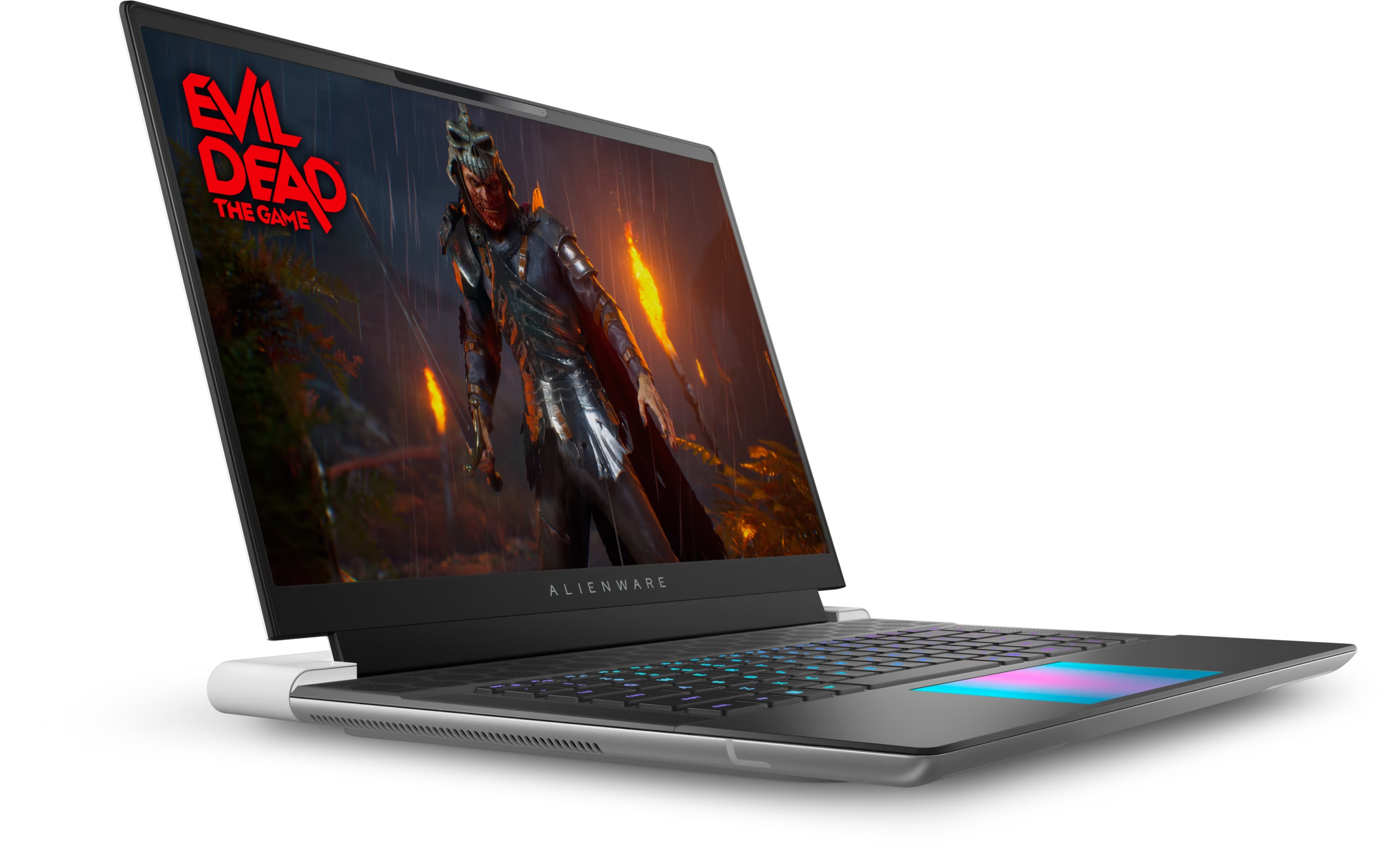Choosing the right gaming laptop can be overwhelming with many options, each boasting unique features and specifications. Whether you’re a casual gamer or a competitive eSports enthusiast, selecting the perfect machine depends on understanding your gaming needs and the technical aspects that impact performance How Long Do Gaming Laptops Last?
In this empireadda.com guide, we will break down the essential factors to consider when buying a gaming laptop, ensuring you make an informed decision.
1. Processor (CPU): The Heart of Your Laptop
The processor determines how quickly your laptop can handle tasks and run games. Modern gaming laptops typically feature Intel Core i5/i7/i9 or AMD Ryzen 5/7/9 processors.
Key Tips:
- For casual gaming, a Core i5 or Ryzen 5 is sufficient.
- Hardcore gamers or streamers should opt for Core i7/i9 or Ryzen 7/9 for superior multitasking and high-end gaming performance.
2. Graphics Card (GPU): The Gaming Powerhouse
The GPU directly impacts gaming performance, especially in rendering graphics-intensive games. Popular GPUs include NVIDIA’s RTX series and AMD’s Radeon RX series.
Key Tips:
- NVIDIA GeForce RTX 3050/3060: Great for entry-level gaming.
- RTX 3070/3080/4080: Ideal for high-frame-rate gaming and VR.
- AMD Radeon RX 6000/7000 series: Offers solid performance and value.
3. Display: Resolution, Refresh Rate, and Size
The display affects your overall gaming experience. Look for laptops with the right mix of resolution, refresh rate, and size.
Considerations:
- Resolution: FHD (1080p) is standard, but QHD (1440p) or 4K is better for sharper visuals.
- Refresh Rate: 120Hz or higher ensures smoother gameplay, especially for fast-paced games.
- Size: 15.6-inch screens balance portability and immersive gameplay; 17.3-inch screens are better for stationary setups.
4. RAM: Smooth Multitasking
RAM impacts how well your laptop handles multiple tasks, including gaming.
Recommendations:
- 8GB: Minimal requirement for light gaming.
- 16GB: Ideal for most gamers; ensures smooth performance.
- 32GB or more: For heavy multitasking and running high-end games.
5. Storage: Speed and Capacity
Fast storage is critical for quick load times and seamless gameplay.
Options:
- SSD (Solid State Drive): Faster and more reliable; look for NVMe SSDs for the best performance.
- HDD (Hard Disk Drive): Cheaper, but slower. Best paired with an SSD.
- Recommended Setup: A combination of SSD for the OS and games, and HDD for additional storage.
6. Battery Life: Balancing Portability and Power
Gaming laptops typically don’t have long battery life due to their power-intensive components. However, some models offer decent battery life for non-gaming tasks.
Tip: If you prioritize portability, consider laptops like the ASUS ROG Zephyrus or Dell G-series with optimized battery performance.
7. Cooling System: Preventing Overheating
Gaming generates heat, and an efficient cooling system is essential for maintaining performance and durability.
Look For:
- Advanced cooling technologies like vapor chambers, dual fans, or liquid metal thermal compounds.
- Laptops with customizable fan speed settings.
8. Build Quality and Design
A gaming laptop’s build quality and design impact durability and aesthetics.
Considerations:
- Materials: Metal chassis is more durable than plastic.
- RGB Lighting: For gamers who enjoy customizable aesthetics.
- Keyboard: Ensure it has tactile keys and anti-ghosting features for better gameplay.
9. Budget: Finding the Sweet Spot
Gaming laptops are available across a wide price range. Setting a budget will help narrow your options.
Budget Guide:
- Under $1,000: Entry-level gaming laptops like ASUS TUF F15 or Acer Nitro 5.
- $1,000 – $2,000: Mid-tier options like MSI Katana or Lenovo Legion series.
- Above $2,000: Premium models like Alienware x17 or Razer Blade series.
10. Future-Proofing: Invest for Longevity
Technology evolves quickly, so investing in a slightly overpowered machine can save you from needing an upgrade soon.
Key Tip: Choose a laptop with upgradable RAM and storage to keep up with future demands.
Conclusion
Selecting the right gaming laptop involves balancing your gaming preferences, budget, and technical needs. By focusing on the critical aspects like CPU, GPU, display, and cooling, you can find a machine that delivers the performance and experience you desire.
Remember, the best gaming laptop isn’t necessarily the most expensive—it’s the one that meets your specific requirements. Take your time, research thoroughly, and enjoy the ultimate gaming experience!



